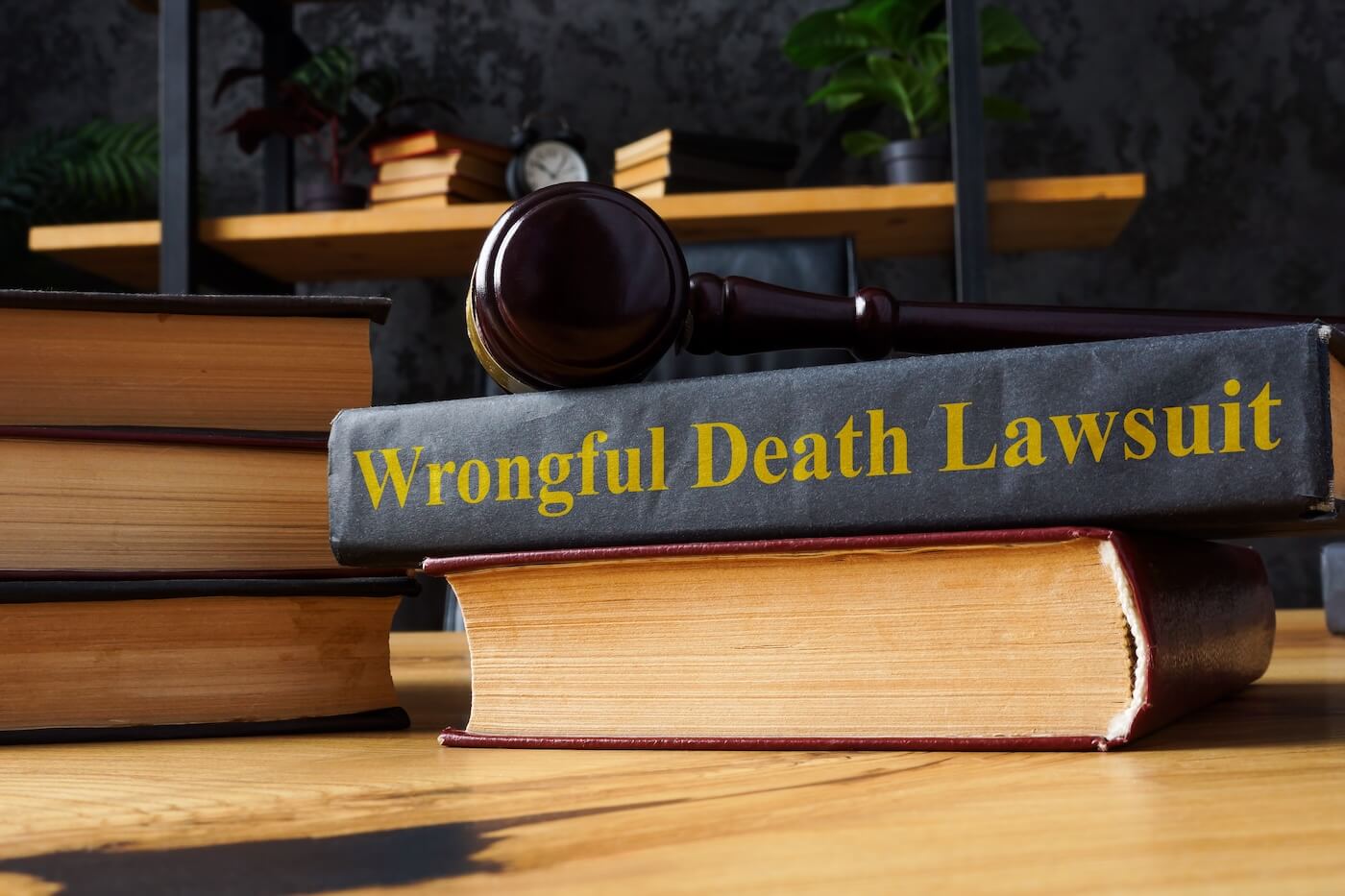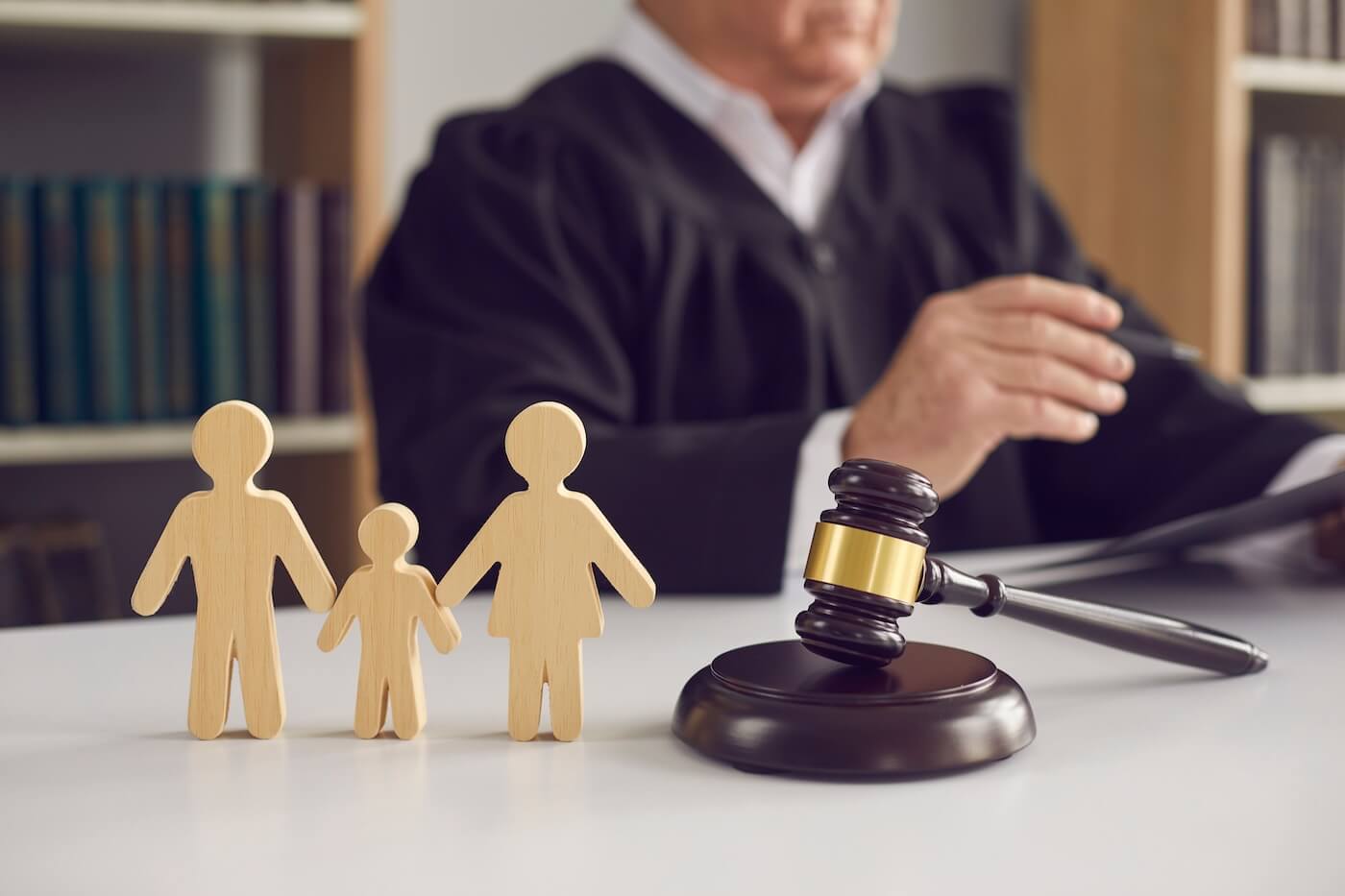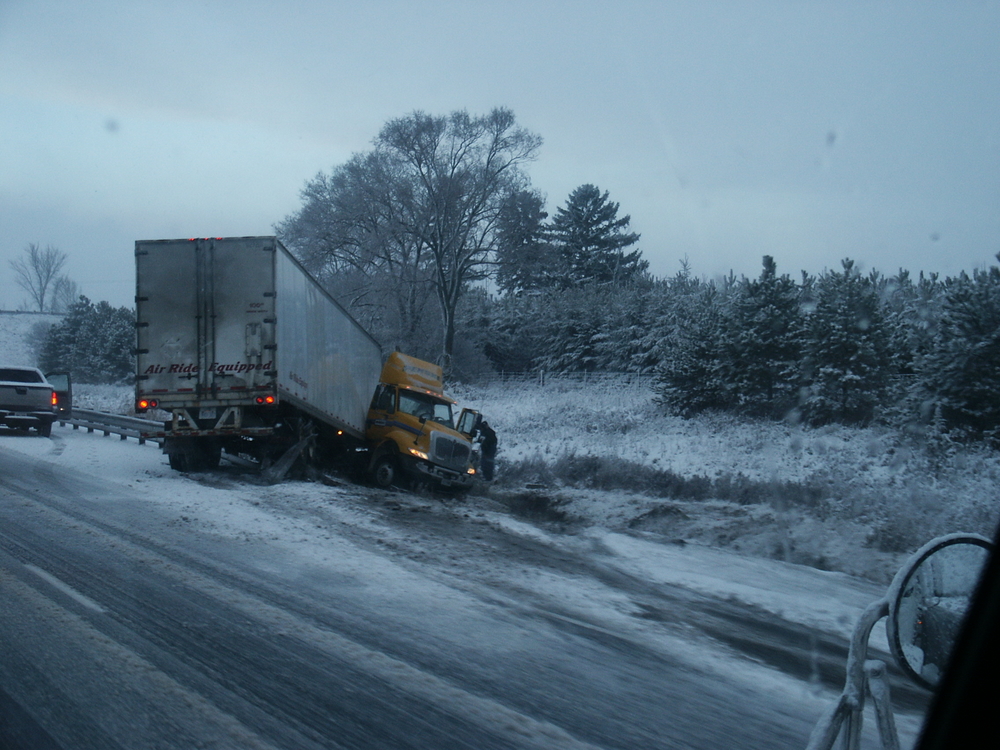Understanding Wrongful Death Claims: What Families Can Do

Written by Molly A. Ullrich

Losing a loved one unexpectedly is devastating, but understanding wrongful death claims can help families take the right steps toward justice and compensation. A wrongful death claim allows surviving family members to seek financial recovery if a person’s death was caused by another party’s negligence or misconduct. This important legal process focuses on holding responsible parties accountable and helping families manage the financial and emotional aftermath.
Families can pursue wrongful death claims for various causes, including car accidents, medical malpractice, or workplace incidents. Determining who can file, the types of damages available, and the time limits for action are all critical for a successful claim. A wrongful death lawsuit guide can be especially helpful in navigating complex state laws and insurance procedures, ensuring families know what actions to take next.
Understanding the process empowers families to make informed decisions and access the support they need during a difficult time. With the right knowledge and resources, families can move forward confidently and protect their rights after a tragic loss.
Understanding Wrongful Death Claims
A wrongful death claim is a legal process pursued when someone’s death is caused by another party’s negligence or misconduct. Understanding what constitutes such a claim and knowing the rights of surviving family members is crucial in these situations.
Legal Definition and Common Examples
A wrongful death claim arises when a person dies due to the legal fault of another person or entity, such as negligence, recklessness, or intentional harm.
The claim is typically brought by the deceased’s estate or close relatives. Common examples include:
- Fatal car accidents caused by a drunk or negligent driver
- Medical malpractice resulting in death
- Deaths caused by defective products or unsafe workplace conditions
Key elements needed to establish a wrongful death claim:
| Element | Description |
| Duty of Care | The defendant owed a duty of care to the deceased |
| Breach of Duty | The defendant breached this duty through action or inaction |
| Causation | The breach directly caused the death |
| Damages | The death resulted in quantifiable losses for survivors |
Laws about who can file and what circumstances qualify may vary by state.
Rights of Surviving Family Members
Surviving family members have specific legal rights following a wrongful death.
They may be entitled to file a lawsuit seeking compensation for damages such as:
- Funeral and burial expenses
- Lost wages and benefits the deceased would have provided
- Emotional and companionship loss
Eligible individuals often include spouses, children, and sometimes parents or dependents. States may set the order of priority for who can claim.
Statutes of limitation apply. In most cases, families must initiate a claim within a defined period after the death. Consulting with an attorney helps clarify eligibility and starting the process efficiently.
Navigating the Legal Process in Denver
A Denver wrongful death claim involves specific procedures, strict deadlines, and legal standards that differ from other injury cases. Local laws and court practices can significantly impact how families approach and pursue justice.
Denver Wrongful Death Claim Steps
Families should first secure documentation, such as the death certificate and accident reports. These documents are crucial when notifying insurers or the party at fault.
Contacting an attorney with experience in wrongful death cases in Denver is strongly advised. Local knowledge helps navigate city, county, and state court systems that handle such claims.
Checklist of essential actions:
- Gather all documentation
- Avoid public statements about the incident
- Document expenses and losses
- Consult with a Denver-based attorney
It’s important not to discuss the case with opposing parties or their insurers without legal representation. Having a clear paper trail from the beginning supports the claim.

Important Legal Deadlines and Requirements
Under Colorado law, a wrongful death lawsuit in Denver typically must be filed within two years of the date of death. This statute of limitations is strict and usually not subject to extensions.
The law also specifies who may file: usually the surviving spouse in the first year, then children or parents after that. Petitions must follow deadlines set by Denver courts and state statutes.
Filing often requires:
- Notice to all potential claimants
- Submission of required forms with accurate, detailed information
- Adherence to civil procedure rules for the Denver District Court
Missing a deadline or filing incomplete paperwork can bar the right to recover compensation.
Challenges Unique to Denver Wrongful Death Cases
Denver cases may present distinct challenges compared to other Colorado locations. Local court procedures and judges may have unique requirements or expectations.
Jurors in Denver tend to be diverse; local knowledge helps attorneys build appropriate trial strategies. Urban factors such as traffic patterns, public transportation, or city policies can influence liability arguments.
Families may also encounter more complex insurance issues in metropolitan areas. Proving damages often relies on both local economic data and expert testimony tailored to Denver’s cost of living.
Environmental factors, such as road conditions or construction, can play a role in how liability is determined in a Denver wrongful death claim.
Securing Compensation for Wrongful Death
Families may be entitled to various forms of compensation after a wrongful death. Eligibility, amounts, and specific benefits depend on state laws and case details.
Types of Damages Available to Families
Courts recognize several categories of damages in wrongful death claims. The most common include economic damages such as lost wages, funeral costs, and medical bills related to the deceased’s final injury or illness. These help replace the income and benefits the family lost as a result of the death.
Non-economic damages address losses that are not financial. This includes pain and suffering experienced by surviving family members, loss of companionship, and emotional distress. Some states allow for punitive damages if reckless or intentional misconduct led to death.
Here is a simple table outlining the main types:
| Damage Type | What It Covers |
| Economic | Lost wages, benefits, funeral expenses |
| Non-economic | Pain, suffering, loss of companionship |
| Punitive (Some states) | Punishing wrongful conduct |
Family Compensation in Wrongful Death claims varies based on the relationship to the deceased and local statutes.
Factors Influencing Compensation Amounts
Potential compensation in wrongful death claims depends on several key factors. The deceased person’s age, health, earning capacity, and life expectancy can have a large impact on economic damages. The closer the family relationship, the more compensation they may be entitled to claim.
State laws may place limits on certain damages, such as caps on non-economic or punitive awards. Courts also consider the victim’s role as a provider or caregiver. Whether the death resulted from negligent or intentional actions, and the degree of wrongful behavior, may influence the final award.
Each case is different, so legal advice tailored to the specific situation is critical to determining compensation. Thorough documentation is often required to support the full value of all losses.

How Smith & Weidinger, PLLC Supports Families
Smith & Weidinger, PLLC provides legal guidance for families pursuing wrongful death claims in Denver. Our approach focuses on combining local expertise with a client-focused strategy, aimed at helping families navigate emotionally difficult times and legal complexities.
Compassionate Legal Guidance
Licensed attorneys at Smith & Weidinger, PLLC help families understand the wrongful death lawsuit process from start to finish. They explain each step clearly, including what documents are needed and what compensation may be available under Colorado law.
Clients receive one-on-one attention, ensuring their concerns are heard and addressed promptly. This firm aims to minimize confusion and anxiety by making legal language and procedures easy to follow. Meetings can be held in person or remotely to accommodate grieving families’ needs.
Key support includes:
- Clarifying Colorado legal rights
- Reviewing evidence and records
- Outlining deadlines and legal obligations
- Referring clients to additional resources, when required
Client-Focused Representation
Smith & Weidinger, PLLC prioritizes what matters most to each client, centering the legal process around their wishes and goals. Our firm maintains transparency by offering regular updates and clear communication so families always know the status of their claim.
We strive to reduce the stress clients face by managing communication with insurance companies, collecting necessary records, and preparing documentation for court. This approach allows families to focus on healing while their case moves forward.
Some advantages for clients include:
- Customized case strategies
- Availability for questions and concerns
- Detailed explanations for legal actions
- Consistent updates on case progress
Expertise in Denver Wrongful Death Cases
The attorneys at Smith & Weidinger, PLLC have in-depth experience with Denver wrongful death claims. Their knowledge of local statutes and court procedures ensures cases are filed and handled efficiently, in compliance with all relevant deadlines.
We use their insight into Denver’s legal environment to anticipate possible challenges and work toward rightful compensation. Their background includes representing clients in a range of wrongful death circumstances, from accidents to medical malpractice.
This local experience helps the firm accurately assess case value and advise families on what to expect. We are familiar with Denver courts’ expectations, making them a valuable asset for anyone considering a wrongful death lawsuit in the area.
Note: The information provided in this blog post has been compiled from publicly available and secondary sources. While we strive for accuracy, some details may become outdated or contain inadvertent errors. If you believe any information is incorrect or requires updating, please contact Smith & Weidinger so that we may review and make the appropriate corrections.
Disclaimer: This blog post is for informational purposes only and is not intended as a solicitation for business. The photo used is not from the scene of the incident described. Viewing this content does not create an attorney-client relationship with Smith & Weidinger. If you have been injured in an accident, please seek immediate medical attention and then consult with a qualified attorney to discuss your legal rights and options.










